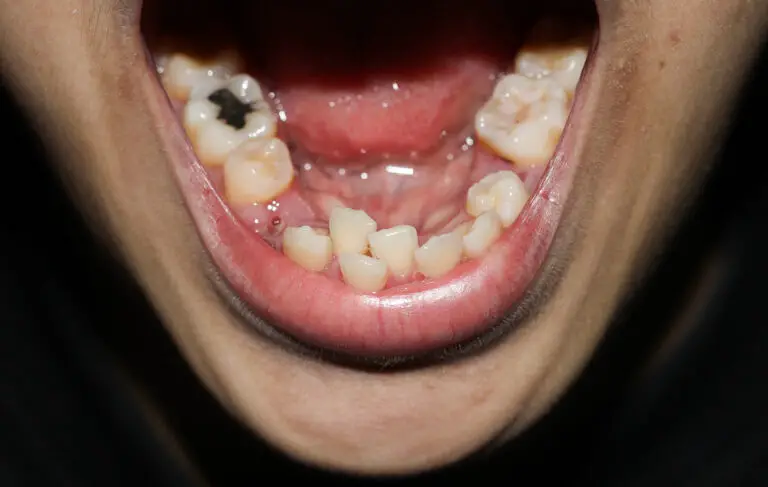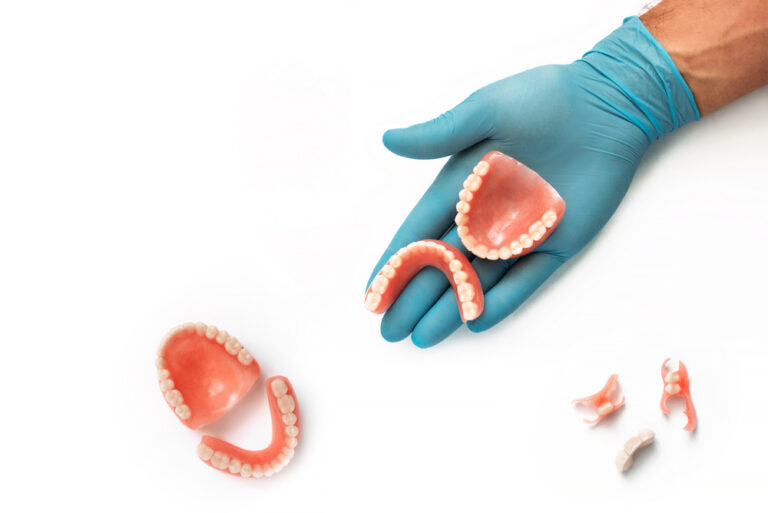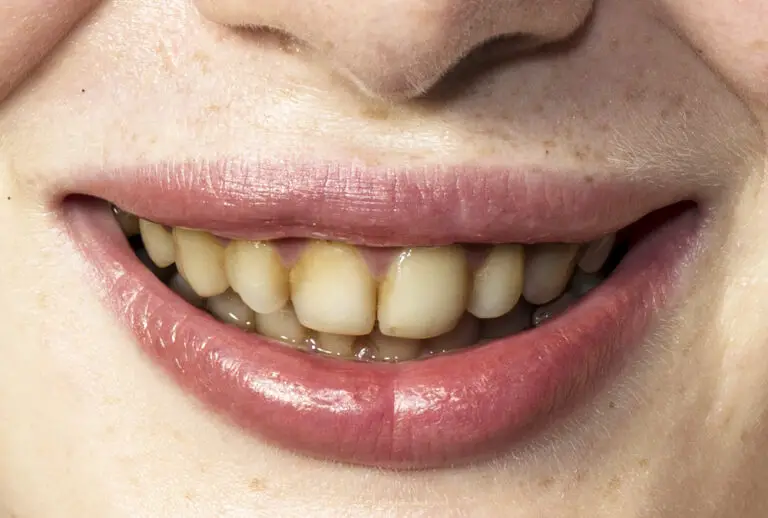Are you looking for a natural way to keep your teeth clean and healthy? Coconut oil has become a popular option for oral hygiene due to its antibacterial and anti-inflammatory properties. But how often can you brush your teeth with coconut oil? In this article, we’ll explore the benefits of using coconut oil for oral care and provide guidance on how often to use it.
Coconut oil contains lauric acid, which has been shown to have antibacterial properties that can help reduce harmful bacteria in the mouth. This can lead to fresher breath, healthier gums, and a cleaner feeling mouth. Additionally, coconut oil is a natural alternative to traditional toothpaste, which often contains harsh chemicals that can be harmful to your health.
While brushing your teeth with coconut oil can be an effective way to maintain oral health, it’s important to use it in moderation. Overuse of coconut oil can lead to an excessive buildup of oil in your mouth, which can cause digestive issues. So, how often should you use coconut oil for brushing your teeth? Let’s explore this question in more detail.
Understanding Coconut Oil
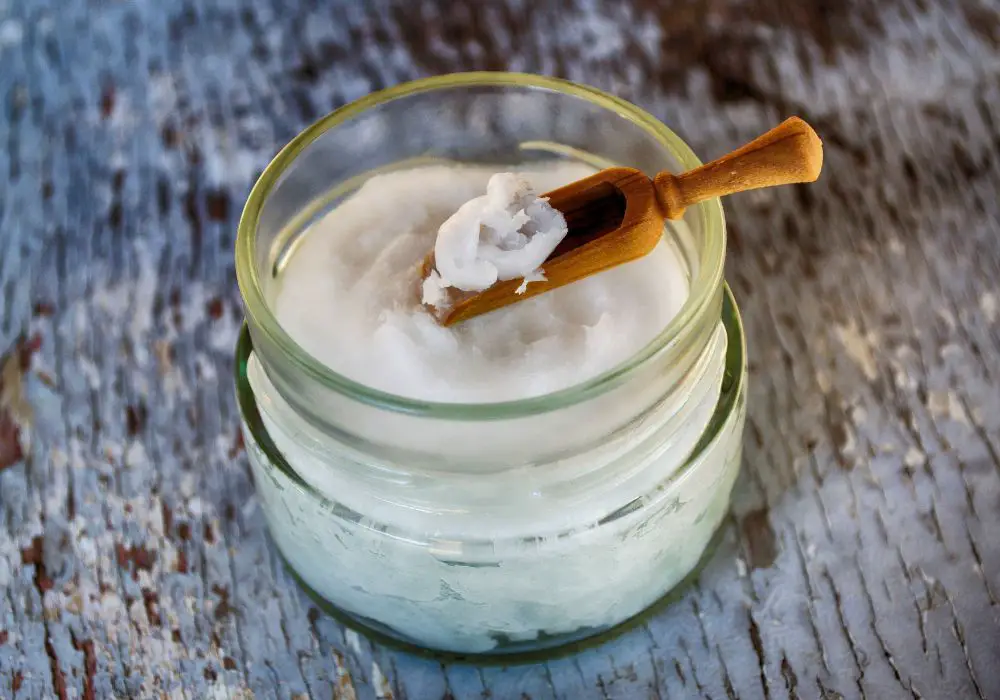
Coconut oil is an edible oil that is extracted from the meat of coconuts. It has been used for centuries in traditional medicine and cooking in tropical regions. In recent years, coconut oil has gained popularity as a natural remedy for various health issues, including oral health.
Origins of Coconut Oil
Coconut oil is believed to have originated in Southeast Asia, where it has been used for thousands of years. It was introduced to the Western world in the 15th century by Portuguese explorers who discovered the coconut palm tree in India and brought it back to Europe.
Today, coconut oil is produced in many countries around the world, including the Philippines, Indonesia, India, and Sri Lanka. It is made by extracting the oil from the meat of mature coconuts, which are harvested from the coconut palm tree.
Health Benefits of Coconut Oil
Coconut oil has been found to have several health benefits, including:
- Promoting better oral health: Coconut oil contains lauric acid, which has antimicrobial properties that may help to reduce the number of harmful bacteria in the mouth. This can help to prevent cavities, gum disease, and bad breath.
- Boosting the immune system: Coconut oil contains medium-chain triglycerides (MCTs), which are easily absorbed by the body and can be used as a source of energy. MCTs have been found to have antiviral, antibacterial, and antifungal properties, which can help to boost the immune system and prevent infections.
- Supporting heart health: Some studies have suggested that consuming coconut oil may help to reduce the risk of heart disease by increasing levels of high-density lipoprotein (HDL) cholesterol, also known as “good” cholesterol.
It is important to note that while coconut oil has many potential health benefits, it should be consumed in moderation as it is high in saturated fat. Consult with your healthcare provider before adding coconut oil to your diet or oral hygiene routine.
Teeth Brushing with Coconut Oil
Why Use Coconut Oil for Brushing
Coconut oil has been found to be beneficial for teeth brushing due to its high lauric acid content. Lauric acid is a type of medium-chain fatty acid that has been shown to kill streptococcus mutans, a type of bacteria that causes tooth decay. Using coconut oil for brushing your teeth can help reduce the harmful bacteria in your mouth, leading to better oral hygiene.
In addition to its antibacterial properties, coconut oil can also help whiten teeth and freshen breath. Its natural properties help to remove stains and plaque buildup, leaving your teeth looking brighter and feeling cleaner.
How to Brush with Coconut Oil
Brushing your teeth with coconut oil is a simple process. Here are the steps to follow:
- Take a tablespoon of coconut oil and place it in your mouth.
- Swish the oil around in your mouth for 15-20 minutes.
- Spit the oil out into a trash can or outside, as it can clog your sink.
- Rinse your mouth out with water.
- Brush your teeth with fluoride toothpaste as usual.
It is recommended to brush your teeth with coconut oil once a day, preferably in the morning before eating or drinking anything. Brushing with coconut oil can be a great addition to your oral hygiene routine, but it should not replace regular brushing and flossing.
Overall, using coconut oil for brushing your teeth can provide many benefits for your oral health. By incorporating it into your routine, you may notice whiter teeth, fresher breath, and a reduction in harmful bacteria in your mouth.
Frequency of Teeth Brushing with Coconut Oil

Coconut oil has been gaining popularity as a natural alternative to traditional toothpaste. It has been suggested that brushing your teeth with coconut oil can help improve oral health and whiten teeth. However, you may be wondering how often you should be using coconut oil as a toothpaste replacement. In this section, we will discuss the recommended frequency of teeth brushing with coconut oil and the factors that can influence how often you should use it.
Recommended Frequency
The recommended frequency of teeth brushing with coconut oil is typically once a day. This is because coconut oil is a natural oil, and overuse can lead to a buildup of oil in your mouth. Additionally, brushing too often with coconut oil can cause damage to your tooth enamel. It is important to note that brushing with coconut oil should not replace your regular brushing and flossing routine.
Factors Influencing Frequency
The frequency of teeth brushing with coconut oil can vary depending on several factors. These factors include:
- Oral health: If you have existing oral health issues such as gum disease or cavities, your dentist may recommend brushing with coconut oil more often to help improve your oral health.
- Sensitivity: If you have sensitive teeth or gums, brushing with coconut oil too often can cause discomfort. In this case, it may be best to limit your use to once or twice a week.
- Personal preference: Some people may prefer to use coconut oil as a toothpaste replacement more frequently than once a day. It is important to listen to your body and adjust your use accordingly.
In summary, brushing your teeth with coconut oil can be a beneficial addition to your oral health routine. However, it is important to use it in moderation and not as a replacement for regular brushing and flossing. The recommended frequency is once a day, but this can vary depending on your oral health, sensitivity, and personal preference.
Potential Side Effects
While coconut oil is generally safe to use for oral health, there are a few potential side effects to be aware of.
Allergic Reactions
If you have an allergy to coconuts or coconut oil, you should avoid using it for oil pulling or brushing your teeth. Symptoms of an allergic reaction may include itching, swelling, hives, and difficulty breathing. If you experience any of these symptoms after using coconut oil, stop using it immediately and seek medical attention.
Upset Stomach
Ingesting large amounts of coconut oil can cause stomach upset, including diarrhea, nausea, and vomiting. This is more likely to occur if you swallow the oil during oil pulling or accidentally ingest it while brushing your teeth. To avoid this, be sure to spit out the oil after swishing or brushing.
Tooth Sensitivity
Some people may experience tooth sensitivity after using coconut oil for oral health. This is more likely to occur if you have sensitive teeth or if you use the oil too frequently. To avoid tooth sensitivity, limit your use of coconut oil to once or twice a week and be sure to brush with a soft-bristled toothbrush.
Conclusion
While coconut oil is generally safe to use for oral health, it’s important to be aware of the potential side effects. If you experience any discomfort or adverse reactions, stop using coconut oil and consult your dentist or healthcare provider.
Alternatives to Coconut Oil for Teeth Brushing
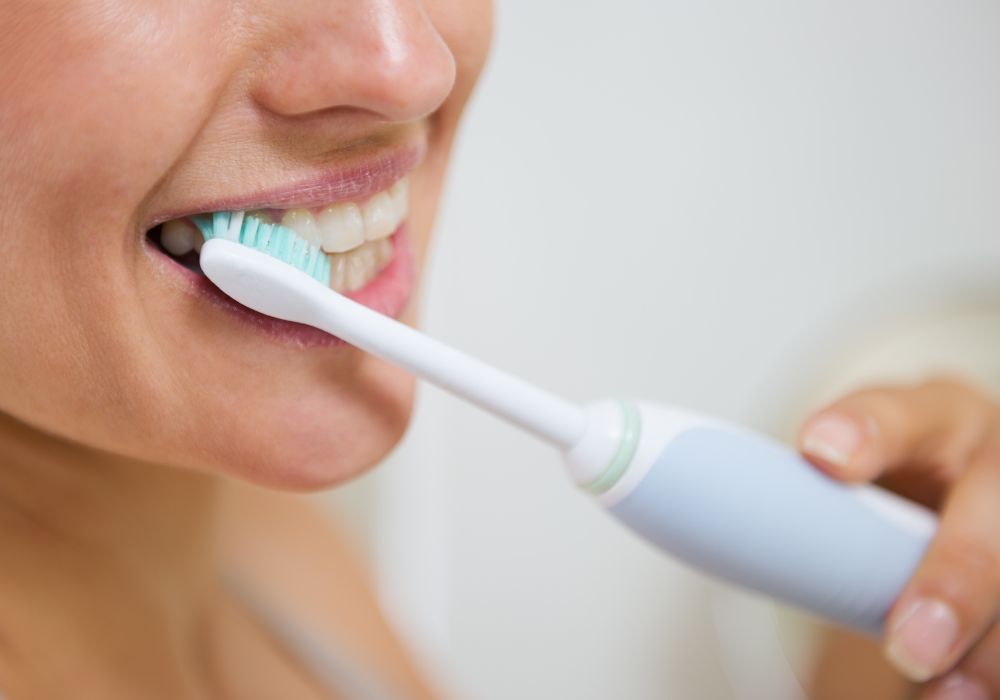
If you are looking for an alternative to coconut oil for teeth brushing, there are several options available. Here are a few:
1. Baking Soda
Baking soda is a popular and effective alternative to coconut oil for teeth brushing. It is a mild abrasive that can help remove surface stains from your teeth. You can mix a small amount of baking soda with water to create a paste, and then brush your teeth with it.
2. Hydrogen Peroxide
Hydrogen peroxide is another effective alternative to coconut oil for teeth brushing. It is a natural bleaching agent that can help whiten your teeth. You can mix a small amount of hydrogen peroxide with water to create a mouthwash, and then swish it around in your mouth for a few minutes before spitting it out.
3. Charcoal
Activated charcoal is a popular alternative to coconut oil for teeth brushing. It is a highly porous substance that can absorb toxins and stains from your teeth. You can mix a small amount of activated charcoal with water to create a paste, and then brush your teeth with it.
4. Essential Oils
Essential oils, such as peppermint and tea tree oil, can be used as an alternative to coconut oil for teeth brushing. They have natural antibacterial properties that can help kill the bacteria that cause plaque and bad breath. You can add a few drops of essential oil to your toothpaste or mouthwash, or mix it with water to create a mouthwash.
Overall, there are many alternatives to coconut oil for teeth brushing that can help improve your oral health. Experiment with different options to find the one that works best for you.
Expert Opinions on Coconut Oil Teeth Brushing
Coconut oil has gained popularity in recent years as a natural alternative to traditional toothpaste. But how often should you brush your teeth with coconut oil? Here’s what dental experts have to say:
- According to Dr. Mark Burhenne, a dentist and author of “The 8-Hour Sleep Paradox,” brushing your teeth with coconut oil once a day is sufficient. He advises using it in place of traditional toothpaste rather than in addition to it.
- Dr. Jessica Emery, founder of Sugar Fix Dental Loft, recommends brushing with coconut oil twice a day for optimal oral health. However, she cautions that coconut oil alone may not be enough to prevent cavities and recommends using a fluoride toothpaste in addition to coconut oil brushing.
- Dr. Gerry Curatola, a biological dentist and founder of Rejuvenation Dentistry, suggests using coconut oil as a mouthwash in addition to brushing with it. He recommends swishing a tablespoon of coconut oil in your mouth for 10-20 minutes before spitting it out and brushing with a fluoride toothpaste.
It’s important to note that while coconut oil has been shown to have antibacterial properties and can help improve oral health, it should not be used as a replacement for regular dental check-ups and professional cleanings. As with any dental hygiene routine, it’s best to consult with your dentist to determine what works best for your individual needs.
Frequently Asked Questions
How often should I brush my teeth with coconut oil?
You can brush your teeth with coconut oil every day, but it is recommended to do it at least 2-3 times a week for best results. Overuse of coconut oil can cause sensitivity or damage to your teeth and gums.
Can I use coconut oil for oil pulling every day?
Yes, you can use coconut oil for oil pulling every day. Oil pulling is a safe and effective way to improve your oral health, but be sure to spit out the oil after swishing it around your mouth for 10-20 minutes.
Is it safe to brush my teeth with coconut oil and baking soda?
Yes, it is safe to brush your teeth with a mixture of coconut oil and baking soda. Baking soda can help remove stains and whiten your teeth, while coconut oil can help remove bacteria and promote healthy gums.
How long should I leave coconut oil on my gums?
You can leave coconut oil on your gums for a few minutes, or even overnight. Coconut oil has antimicrobial properties that can help reduce inflammation and promote healthy gums.
What are the benefits of brushing teeth with coconut oil?
Brushing your teeth with coconut oil can help remove bacteria and promote healthy gums. Coconut oil contains lauric acid, which has antimicrobial properties that can help reduce plaque and prevent cavities.
Do dentists recommend using coconut oil for oral hygiene?
Some dentists recommend using coconut oil for oral hygiene, but more research is needed to fully understand its benefits. It is always best to consult with your dentist before making any changes to your oral hygiene routine.


